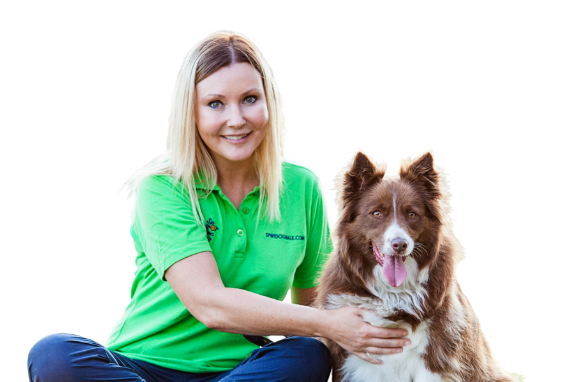My dog likes to chew!
Your dog may enjoy chomping on your furniture, shoes or children’s toys, but we’re guessing you don’t enjoy this canine habit.
To stop your dog from gnawing away at your belongings, you first need to understand why your dog is chewing, said Maddie Ross, who runs Beacon Dog Training on the Gold Coast.
Many dogs chew because they are experiencing separation anxiety, intense fear provoked by being apart from an owner. Dogs that chew for this reason often turn their teeth to doorways in the hope that they can escape and find their owner.
We plan to discuss treating separation anxiety in an upcoming article, but be aware of its connection to destructive behavior as you assess your dog.
If you are raising a puppy, it may chew to relieve the pain of teething. Chewing releases brain chemicals that reduce pain, Ross said, so injury or illness can also prompt chewing.
Puppies usually outgrow chewing by the age of two, but in the meantime, you can redirect the behavior to protect your home and possessions. Some puppies love to shred empty egg cartons or toilet paper rolls. As always with any new toy, test these cardboard treats out with your pet before you leave your dog alone with them.
Ross also recommends keeping puppies in a contained area to help them avoid temptation.
“I always say that leaving a puppy alone all day with full access to your house or yard is like leaving a human toddler in a toy store for eight hours,” Ross said. “There’s going to be a mess. But you can set up their environment so that all their choices are good ones.”
Laundry rooms or bathrooms can work well for this, but you can also create a space using baby or dog gates. In addition to reducing destructive behavior, a confined space can also help your puppy get much-needed sleep. Many puppies, Ross said, will sacrifice sleep to explore a house, and lack of ZZZZs can cause behavior problems.
Be sure to clear the area of everything (electrical cords, plants) but a few toys you already have practiced with before you go. Inspect the toys regularly to make sure they have not broken or been damaged in a way that endangers your dog.
Select toys that make sense for your dog.
“You don’t want a teeny tiny little toy for a big giant dog because they could swallow it,” Ross said.
Bones can work, but Ross cautioned that she’s seen dogs shatter teeth on bones that are too hard. Also, bones are messy and may start to smell quickly.
If your dog continues chewing excessively after the age of two, ask your vet to check for health issues. Ross has a dog with a back problems who chews sometimes to relieve pain.
Punishment will not stop unwanted chewing, she added.
“I think it’s really important for owners to understand that dogs don’t understand right from wrong,” she said. If you punish a dog for chewing, it will learn only that chewing is not safe when humans are around. And if you punish a dog for destroying, say, a handbag while you were out of the house, it won’t connect its behavior to destroying the purse. It will, however, learn to be afraid when its owner comes home.



